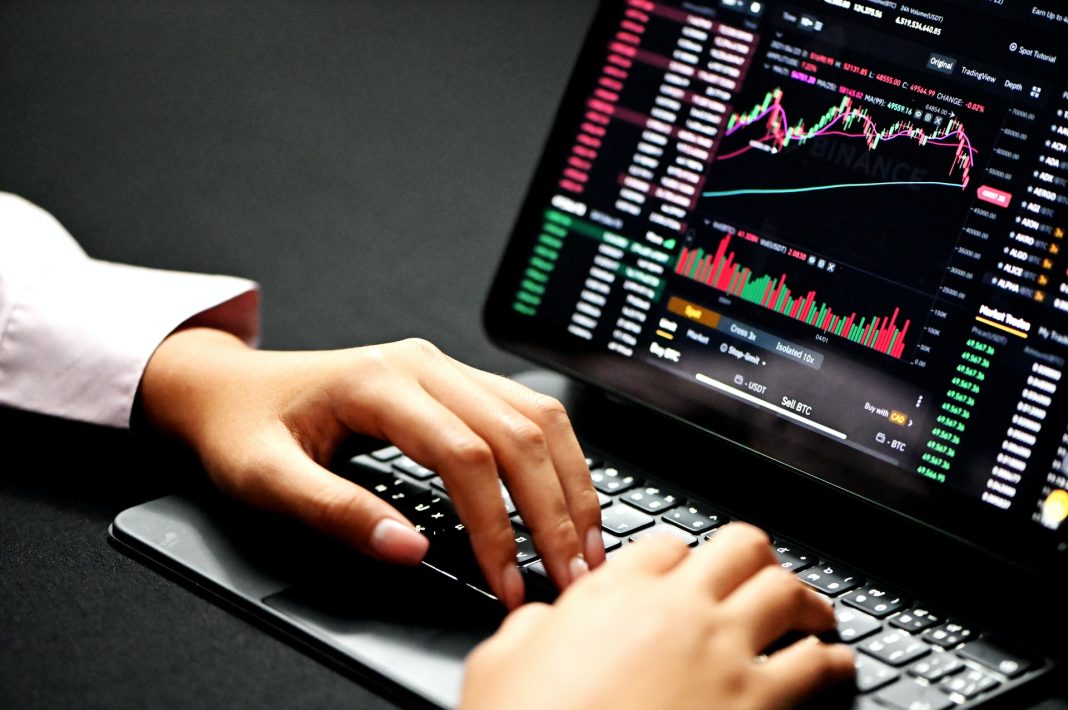South Korea’s banking federation is set to enforce a substantial reserve requirement on cryptocurrency exchanges with real-name accounts. This move aims to bolster financial security in an ever-evolving digital landscape.
The New Reserve Requirement: A Closer Look
Starting in September, cryptocurrency exchanges facilitating transactions in Korean won and other cryptocurrencies must adhere to a stringent reserve requirement. The baseline? A whopping 3 billion won (about $2.26 million) minimum.
Why this sudden shift in regulatory approach? The primary goal is user protection. These reserves will offer investors a safety net if unforeseen events like hacking or system glitches occur.
News1 highlights that from next month onward, the exchange reserve holdings will range between 3 billion to 20 billion won ($2.2 million to $15 million). The details reveal that exchanges should keep 30% of their daily average deposits or at least $2 million in reserve—whichever amount is higher. For market giants like Upbit, this translates to upholding 30% of their daily deposit stipulation.
Beyond Reserves: The Push for Transparency
It doesn’t end with just reserves. Strengthened Know Your Customer (KYC) standards and specific fund transfer rules are in the pipeline. Except for the reserve clause, these policies will be in full swing by January 2024.
The Financial Services Commission’s Financial Intelligence Unit (FIU) stands at the forefront, having drafted the latest rules. This regulatory overhaul directly answers crypto exchanges’ call for a more transparent operational framework.
Top-tier exchanges like Upbit and Bithumb are geared up, demonstrating readiness to align with these updated guidelines.
Challenges Ahead: Coin-Only Exchanges Grapple with Change
However, the transition isn’t smooth for everyone. Coin-only exchanges are wrestling with these updated standards primarily due to capital constraints. Their trading volumes have seen a downturn since the revised Specific Financial Information Act was enacted in 2021.
South Korea isn’t new to regulating the virtual asset realm. Recent measures include launching a dedicated unit in July to oversee cryptocurrency-related crimes, ensure investor safety and curb illegal practices.
The post South Korean Cryptocurrency Exchanges Face New Reserve Requirements appeared first on CryptoMode.



